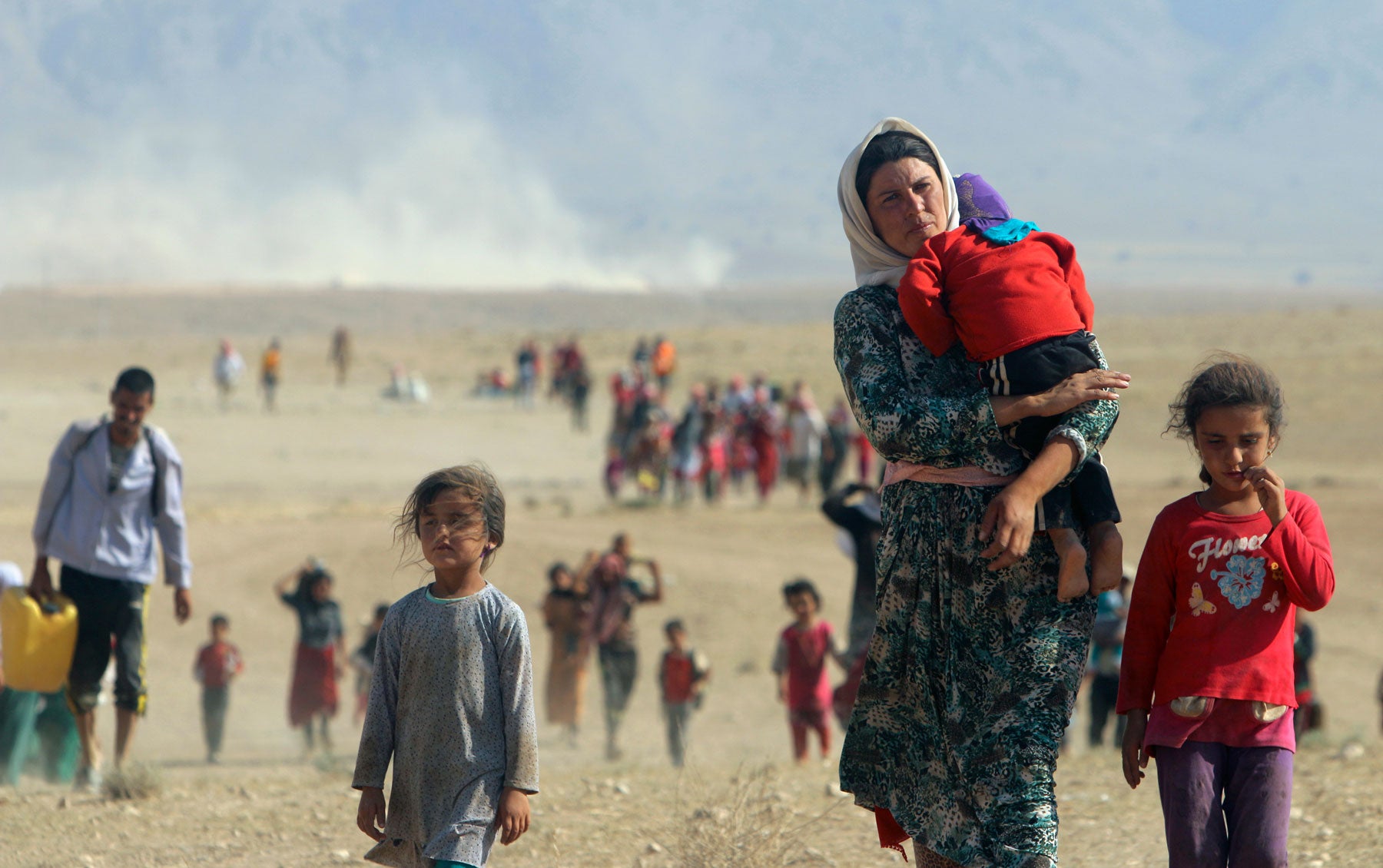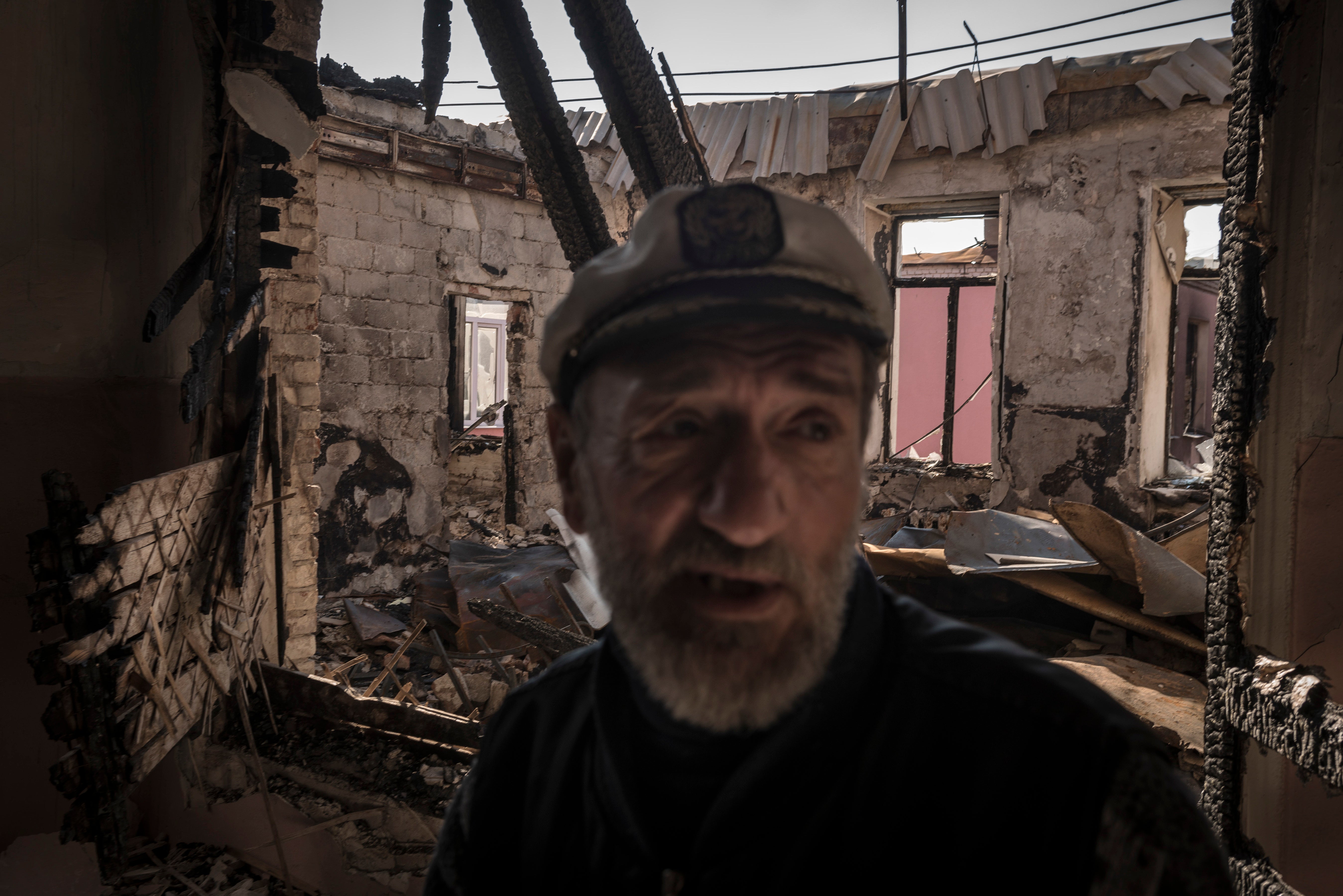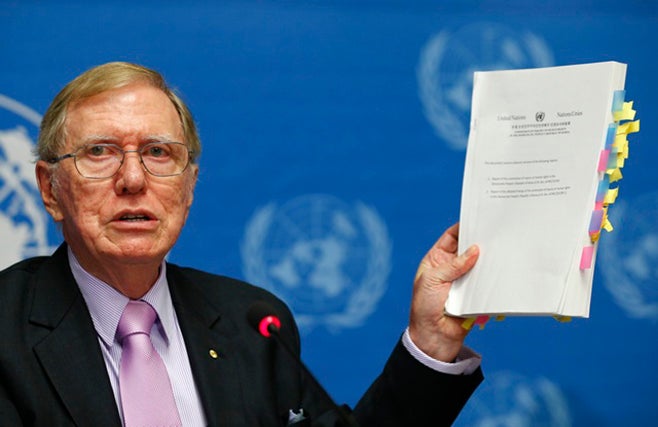Canada enjoys a global reputation as a defender of human rights, aided by a solid record on core civil and political rights protections that are guaranteed by the Canadian Charter of Rights and Freedoms. Nonetheless, in 2014, the sitting majority in parliament refused to take essential steps to remedy serious human rights concerns, particularly with regard to violence against indigenous women, the legal status of sex work, and the impact of Canada’s extractive industries abroad.
Violence against Indigenous Women and Girls
A 2014 data collection effort by the Royal Canadian Mounted Police (RCMP) identified 1,181 cases of murders and disappearances of indigenous women and girls between 1980 and 2012, double previous estimates. The study found that indigenous women and girls are overrepresented among homicide victims, constituting 16 percent of female homicide victims, despite making up only 4.3 percent of Canada’s female population. A 2013 Human Rights Watch report documented the RCMP’s failure in British Columbia to protect indigenous women and girls from violence, as well as from abusive police behavior, including excessive use of force and physical and sexual assault.
Despite growing public concern over the murders and disappearances, the government of Prime Minister Stephen Harper continued to resist calls from provincial leaders, opposition political parties, and civil society for a national inquiry into the violence.
A special parliamentary committee convened to address the issue broke along party lines, and the Conservative majority failed to recommend an inquiry or any steps to address police accountability for misconduct. Recent signs that the government may agree to a ministerial roundtable on violence offer some promise for an inquiry but would not be an adequate substitute. In Canada, public national inquiries allow for impartial investigation into issues of national importance.
Sex Work
In 2014, parliament began debating new provisions criminalizing aspects of sex work following the Supreme Court of Canada’s 2013 ruling striking down previous restrictions that the court deemed violated the rights and security of sex workers.
Justice Minister Peter MacKay tabled Bill C-36, which would criminalize communicating for the purposes of selling sexual services in public, or buying, advertising or benefitting from the sale of sexual services. The bill would severely limit sex workers’ abilities to take life-saving measures, such as screening clients. Criminalizing communication disproportionately impacts street-based sex workers, many of whom are indigenous, poor, or transgender, forcing them to work in more dangerous and isolated locations.
Surveillance and Privacy
In January 2014, media reported that the Communications Security Establishment of Canada (CSEC) was conducting indiscriminate collection and analysis of communications data. This information was based on documents widely released by former US National Security Agency contractor Edward Snowden. The documents revealed that the intelligence agency was provided with metadata captured from travelers’ wireless devices in a major Canadian airport over a two-week period.
The agency then tracked travelers’ subsequent movements as their mobile phones or laptops connected to other wi-fi access points in airports, hotels, and restaurants. Reports suggest that this initiative was a 2012 trial run for a program that may now be operational. Additional media stories revealed that CSEC may be operating several Internet and phone metadata collection programs. Details remain secret.
The programs described to date only involve collection of metadata, not the content of communications. However, metadata, or data about a communication, can be highly revealing of movements, associations, and activity. The government insists on the legality of metadata collection programs, raising concerns that legal reforms are necessary to ensure meaningful protections for the right to privacy in intelligence gathering programs.
Counterterrorism
Canada has continued to deny Omar Khadr—a Canadian citizen who was detained from the age of 15 in Guantanamo for 10 years and pleaded guilty to terrorism-related charges in the fundamentally flawed military commissions system—access to rehabilitation and reintegration services as required for former child soldiers.
Khadr remains incarcerated. In July, an appeals court ruled that Khadr would have been considered a youth offender if sentenced in Canada and should serve out the remainder of his 8-year sentence in a provincial facility, where he would have access to educational and rehabilitative programming, in accordance with Canadian law for youth offenders. A federal government appeal is pending.
Mining Industry Abuses
Canada is the mining industry’s most important global financing hub, home to a majority of the world’s mining and exploration companies. These firms have an enormous collective impact on the human rights of vulnerable communities worldwide.
In 2013, Human Rights Watch documented allegations that Vancouver-based Nevsun Resources’ flagship Bisha gold mine in Eritrea was partly built using forced labor deployed by local state-owned contractor, Segen Construction. In a statement, Nevsun expressed “regret if certain employees of Segen were conscripts” during the mine’s construction and insisted there were no ongoing abuses. The company subsequently carried out a human rights impact assessment and promised to integrate human rights considerations into its policies. However, it has refused to sever ties with Segen.
In 2011, Human Rights Watch documented allegations that security guards employed by Canadian mining giant Barrick Gold had gang-raped women at a Papua New Guinea mine site and engaged in other violent abuses. The company has since taken steps to prevent further abuses. In 2014, it paid out claims consisting of cash and other forms of assistance to over 100 women who suffered sexual violence at the hands of company employees. This unprecedented remediation scheme has struggled with design and implementation issues and has attracted considerable criticism. In spite of its flaws, this initiative could emerge as a path-breaking example of how companies can move proactively to respond to serious abuses linked to their global operations. It is too early to judge whether it will result in lasting, positive outcomes for the women involved.
The Canadian government neither regulates nor monitors the human rights practices of Canadian mining companies when they go abroad. Its sole action on this front was to establish in 2009 a corporate social responsibility counselor whose office is without oversight or investigatory powers.
Cluster Munitions
In 2014, the Canadian Parliament continued to debate contentious Bill C-6 to implement the Convention on Cluster Munitions. The convention bans the use, production, transfer, and stockpiling of these weapons, as well as assisting anyone with these activities. The convention further requires states to destroy stockpiles, clear cluster munition remnants, and assist victims. Canada, a signatory to the convention, requires the adoption of implementation legislation before ratification.
Certain provisions of Bill C-6 run counter to the treaty’s spirit and letter. It would allow Canadian armed forces to assist with use and other prohibited activities during joint military operations with a state not party. For example, Canadian commanders could direct or authorize an ally’s armed forces to use cluster munitions. The bill would also allow cluster munitions to be stockpiled and transported through Canadian territory.
The Senate Standing Committee on Foreign Affairs and International Trade planned to review the bill in October 2014. The House of Commons had made one change to the original bill, and Human Rights Watch urged the Senate committee to revise it further to bring Canada in line with its international commitments. It is hoped that Canada will be a state party by the convention’s First Review Conference in September 2015.
Despite this, Canada should be commended for completing destruction of its cluster munition stockpiles in 2014, in accordance with the convention.






